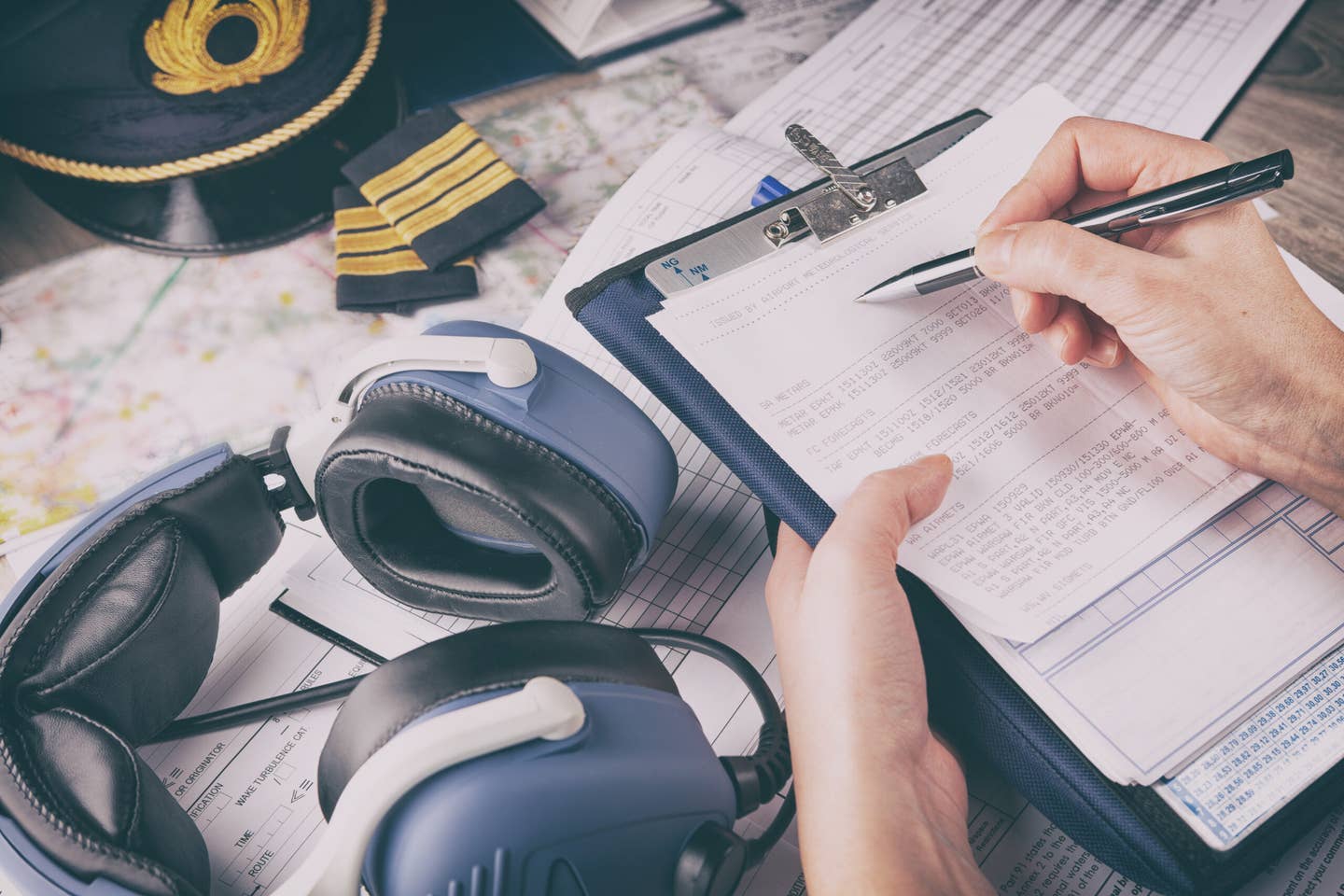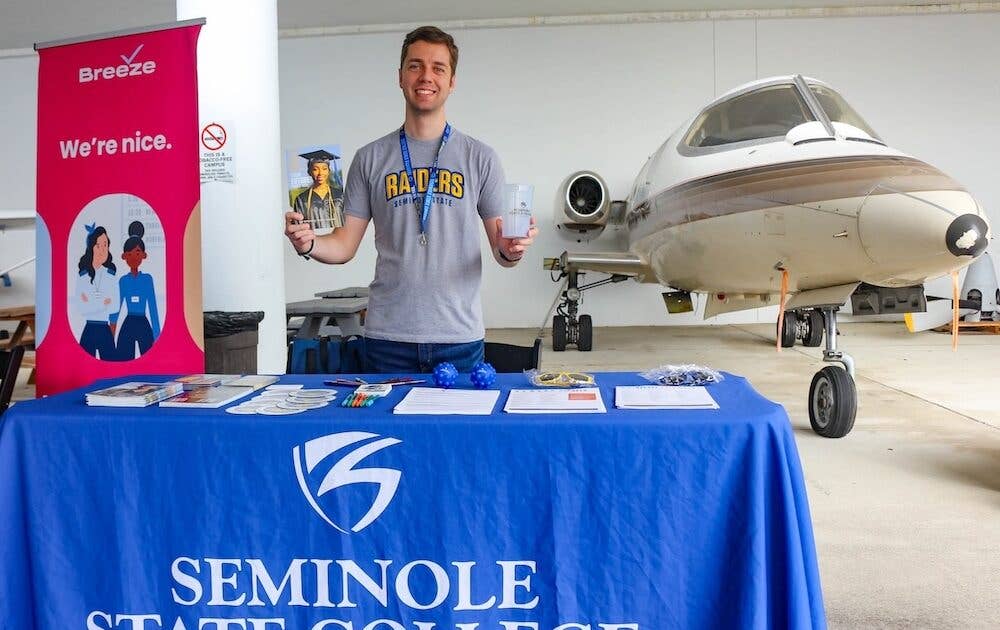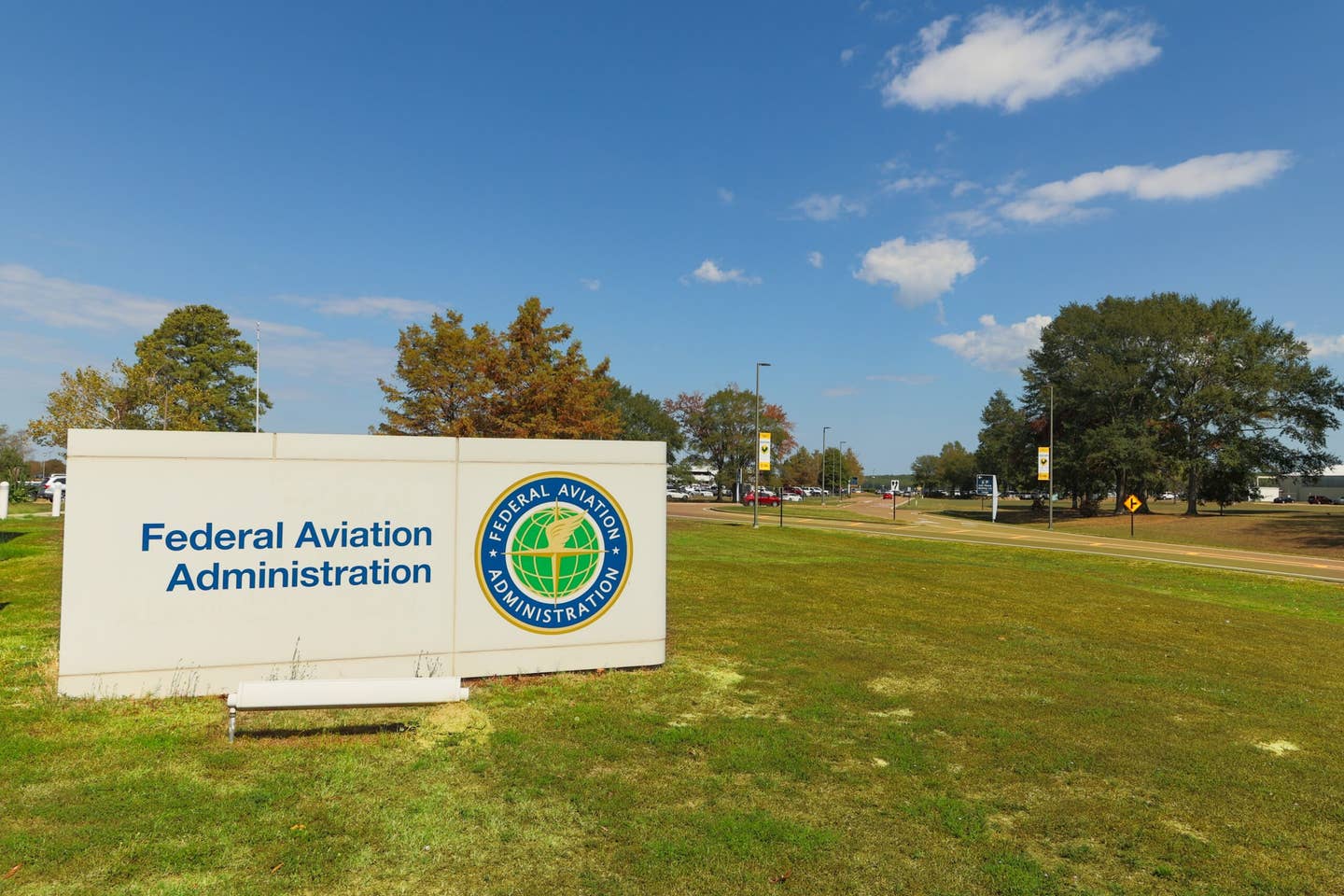NTSB Hosts Panel on Mental Health
The NTSB summit sought to address the way the FAA handles mental health challenges.

The NTSB summit was looking to address the way the FAA handles pilots facing mental health challenges. [Shutterstock]
In October, off-duty airline pilot Joseph Emerson allegedly tried to cut the fuel to both engines of an airliner en route to San Francisco as a means of breaking a dream-like state following the ingestion of psychedelic mushrooms that he reportedly took as a means of self-medicating to deal with depression.
According to multiple media reports, Emerson said he had been dealing with the mental illness for years when he found himself riding in the jumpseat on a flight between Seattle and San Francisco. He stated, “I’m not OK” and reached up to pull both of the engine fire extinguisher handles of the Embraer E175. If not for the crew’s quick intervention, the action would have shut down both engines and turned the jet with 83 souls on board into a glider, possibly resulting in an accident. Emerson was removed from the cockpit and restrained by his request in the back of the aircraft. He allegedly told law enforcement that he had not slept in several days and was depressed over the death of a friend.
In the weeks that followed, the FAA announced a new Mental Health Aviation Rulemaking Committee that would “provide recommendations to the FAA on ways to identify and break down any remaining barriers that discourage pilots from reporting and seeking care for mental health issues.”
Meanwhile, on December 6, National Transportation Safety Board (NTSB) chair Jennifer Homendy hosted a safety summit entitled "Navigating Mental Health in Aviation." The summit, which ran all day, the first session for more than 90 minutes, brought together safety experts from the aviation industry, government, academia, and mental health professions to examine the "unintended consequences of the current system for evaluating mental fitness in the aviation workforce." That's a fancy way of saying that if an aviation professional seeks help for a mental health challenge, anything from anxiety to depression, it could cost them their medical certificate, grounding them for several months if not longer.
Homendy noted that in the aviation world there is a fear that disclosing mental health struggles can lead to pilots losing their professional identity—their jobs—and exposing themselves to stigma.
Dr. Emanuel Robinson, representing the American Psychological Association, noted that aviation is a high stress field similar to law enforcement, the military, and fire and rescue, where the culture is to “suffer in silence.”
Robinson noted that in 2018 approximately 18 percent of adults surveyed reported seeking mental healthcare. In 2021 that number grew to 23 percent.
"The pandemic exacerbated things, and we are still seeing the after effects of that," he said, adding that the people who do try to get help to address mental health concerns can wait three months or more before seeing a medical professional.
Testimony
The first testimony came from Dr. Anne Suh, who was accompanied by her husband, Dr. Alan Hauser. Their son John was a flight student at the University of North Dakota (UND) when in October 2021 he committed suicide by intentionally crashing the airplane he was flying. He had wanted to be a pilot since he was a child and paid for his private pilot certificate by himself. In a letter to his parents he described feeling trapped, knowing if he sought help for the depression that could ground him forever.
"I want to get better. I really do," he wrote. "But I knew in order to do that I will have to give up on aviation, and if I have to do that, I would rather not be here."
John Hauser begged his parents to lobby the FAA to change the rules on pilots seeking help with their mental health, saying, "I know it would change a lot of things for the better. It would help a lot of people out."
The testimony was filled with anecdotes about pilots who do not seek mental health support or who do not report it when applying for medical certification (which is a violation), because they have heard of the challenges pilots who do report encountered when trying to obtain their medical certificates. Self-reporting leads to months or even years of additional tests and expensive evaluations from medical and psychiatric doctors, which are often paid for out of pocket by the applicant.
Tim Sisk, an aviation safety inspector, mentioned the packet of information he has submitted to the FAA to regain his medical certificate after he self-reported being on an FAA-approved psychoactive drug. Sisk told the audience he has been fighting to regain his medical for over 21 months and has spent more than $10,000 on medical specialists, assessments, and legal assistance, resulting in 297 pages of medical records that he was required to submit to the FAA.
There were months of waiting for a reply. "Then the FAA replied they wanted to see the records from the VA (Veterans Affairs),” Sisk said. “I am not a veteran. If the FAA had looked at those 297 pages, they might know that."
Former NTSB vice chairman Bruce Landsberg, who described his decision to ground himself after the death of his military son from complications of PTSD, echoed Sisk's frustration with the FAA and the "black hole of waiting" that happens when a pilot sends their packet to the agency for medical special issuance and then has to wait months for a response of any kind.
"If you are required to respond within 60 days, why isn't the government required to respond within 60 days?" he said.
The summit concluded with the message that so many in the aviation industry, from ground service crews to dispatchers to ATC and pilots at all levels, struggle and avoid receiving the care they need because they feel trapped within the system.
According to Landsberg, the FAA rules and certifications go back to the 1950s “and those are based on standards from World War II." He noted that technology, both in aviation and medicine, has changed quite a bit, but the FAA has not kept up.
"We should be much more enlightened at this point," he said.

Sign-up for newsletters & special offers!
Get the latest FLYING stories & special offers delivered directly to your inbox






